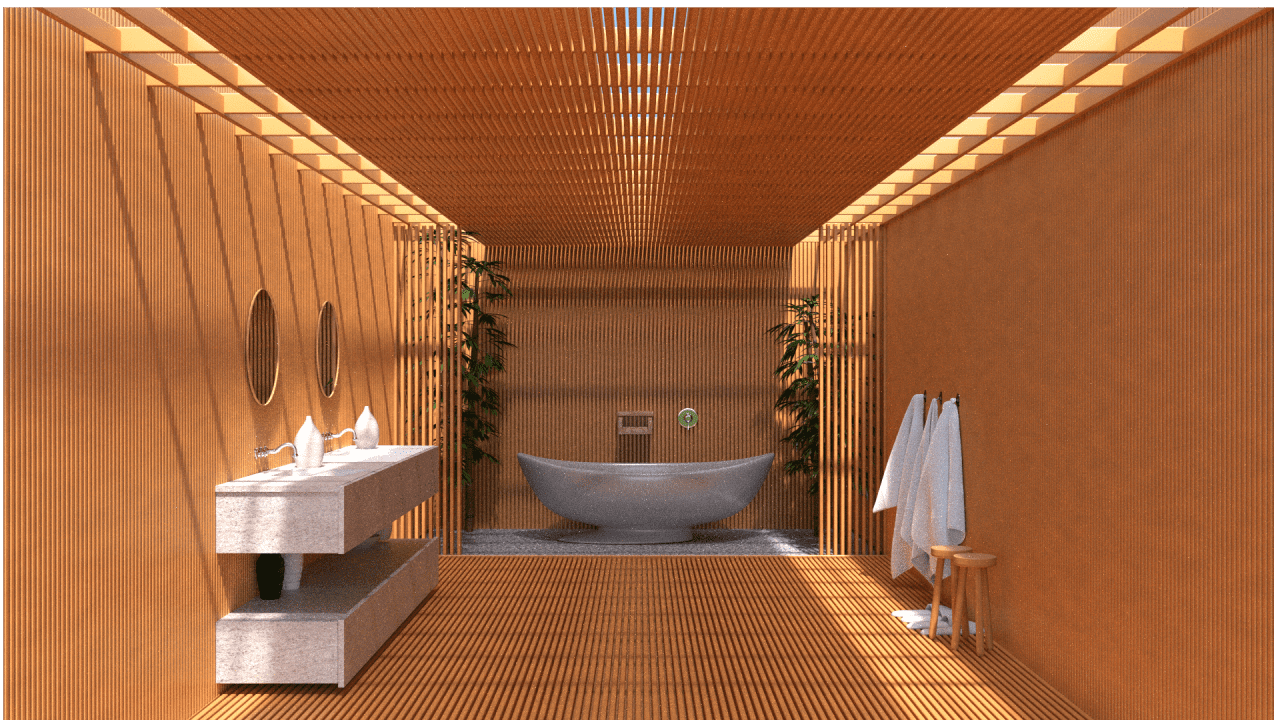If you own a house close to railroad tracks or live in a busy street, or in an environment where there are many outdoor activities like in New York, you might be affected by a big issue, noise pollution. A major contributor to noise pollution in homes is windows. Owning older or lower-quality material casements would add to the noise contribution in your home.
Materials like inserts and noise-deadening curtains might be enough to block out unpleasant noises. But, in other cases, you would need to take rigorous measures to replace your current casement with soundproof windows. You can consider installing such casements if you intend to build a new home in a rural area.
However, before you decide to install a noise-proof casement, you should consider its effectiveness and if they are a worthwhile investment. Let’s find out below.
How Soundproof Windows Work
For such casements to block unnecessary noise, there needs to be a barrier created between the space and the noise you need to block. When there is a dead space between your home’s interior and your casement, you can then effectively reduce the noise or even stop them from entering your home.
Moreover, experts at soundproof windows nyc suggest that these casements aim to increase a window’s sound transmission class rating (STC). So, for a window to be effective at blocking and stopping unneeded noise transmission, it has to have a high STC rating.
Manufacturers of these casements use various techniques to improve the STC rating of a casement. These include:
- Using laminated glass with plastic-like layer material placed between the glass panes. This reduces the noise transmission.
- Creating dead spaces between the casement panes to reduce noise transmission. This reduces the vibrations created by longitudinal waves.
- Make the glass thicker, thus adding mass to the casement. Mass is essential in soundproofing since the more thick the material is, the smaller longitudinal waves pass through it.
Do Soundproof Windows Really Soundproof?
The goal of a window that blocks out noise is to ensure noise reduction. But, the reality is that it is nigh impossible to block out all noise completely. The reason for this is that noise has several frequencies. For example, thunder is quite hard to block than other higher frequency waves like a train whistle or a child playing.
Irrespective of this, most noise proofing casements block up to 95% of most noise. Therefore, when you intend to get such casements, you should pay attention to its sound transmission class rating (STC). Since the higher it is, the higher it can block out noises in your home.
That’s A Wrap
Irrespective of if your home is close to highway traffic, noise from birds chirping, or loud neighbors, having no protection against this noise can affect your daily activities, especially when the noise intrudes on your peace, workspace, or your bedroom.
Though you can’t control what happens outside your home, you can control what happens inside yours by blocking or reducing the noise through a such casement. So, it’s best you consider spending the extra bucks protecting your home against the noise from outside.
Discover more from Futurist Architecture
Subscribe to get the latest posts sent to your email.


![modern apartment [article_title]](https://www.futuristarchitecture.com/wp-content/uploads/2025/04/9-Rustic-Tips-to-Shipwreck-Your-Reclaimed-Wood-900x600.jpg)
